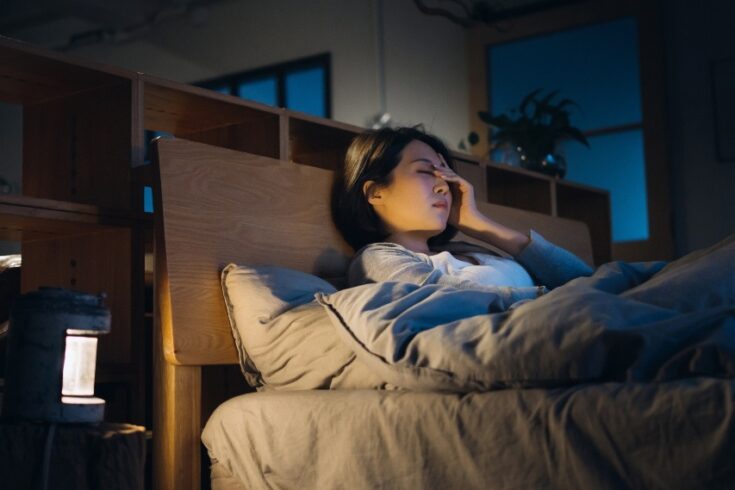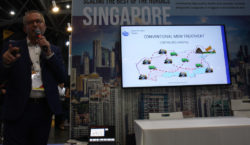
Have you ever felt as a Nordic expat, that you need more sleep than your Asian colleagues? Then you are actually correct!
Scientists from Oura Health Oy in Finland in a partnership with Centre for Sleep and Cognition at the Yong Loo Lin School of Medicine, National University of Singapore have found out that people in Asia go to sleep later and have shorter sleep than e.g. Nordic people and people in other parts of the world.
Many Nordic people also like to sleep longer on weekends – which the study found that less Asians tend to do.
The Singaporean-Finnish team analyzed 50 million nights of anonymized sleep data, contributed by over 220,000 users of the Oura Ring, a consumer sleep tracker, from across 35 countries. Most of the users were working adults, aged between 30 and 55 years. To provide a comprehensive analysis of sleep measures for each user, the team gathered sleep data from multiple nights across a whole year — on average, each user contributed 242 nights of data. Weekday and weekend sleep were analyzed separately to assess the impact of the working week on sleep patterns.
Previous studies have shown that shorter sleep duration is usually associated with higher sleep efficiency as people try to make the most of their sleep opportunity; however, in this study, despite sleeping less, people in Asia also had lower sleep efficiency. This may be because factors that result in short sleep (e.g., work-related anxiety) also lead to lower quality sleep.
While there are many socio-cultural factors that affect sleep patterns, the team hypothesises that because it plays such a fundamental role in our lives, work (and the broader work culture) is one of the most influential factors affecting how we sleep. Previous evidence from time use studies have demonstrated a strong association between long work hours and short sleep. Additionally, there is evidence that preoccupation with work demands and the inability to stop thinking about work contribute to sleep disturbances.
Dr Adrian Willoughby, Senior Research Fellow at NUS Medicine’s Centre for Sleep and Cognition, explained in a press release issued by NUS:
“In Europe, weekends are generally considered time for relaxation, and engaging in social activities with friends and family. In Asia, however, people may use the weekends to catch up on work, do the things they didn’t have time for during the week or attend to more family responsibilities.”
“We think that longer working hours and the difference in work culture in Asia means that people don’t catch up on sleep as much at the weekends, but try to catch up whenever they have the opportunity over the course of the week.”
https://medicine.nus.edu.sg/wp-content/uploads/2023/08/Greater-Sleep-Variability-in-Asia-Less-Weekend-compensation-Media-Release.pdf

